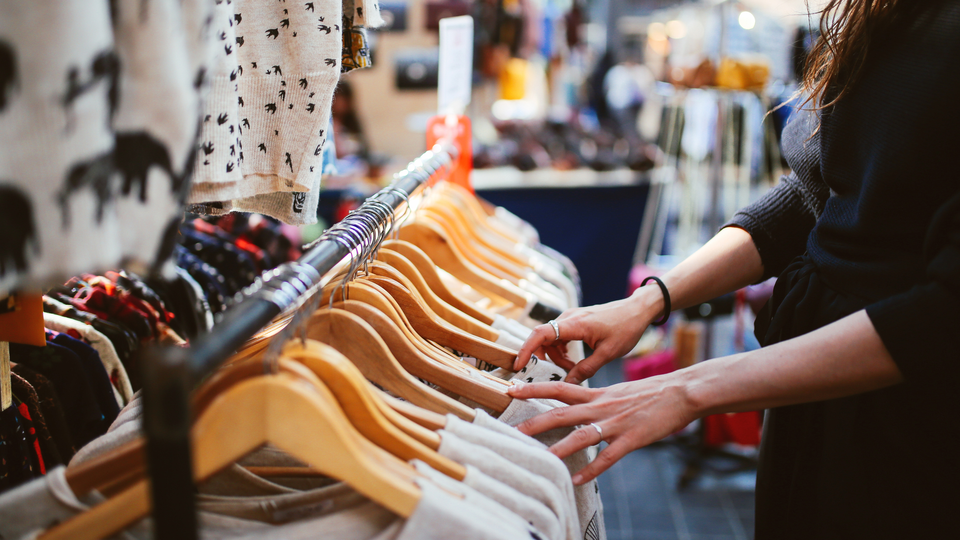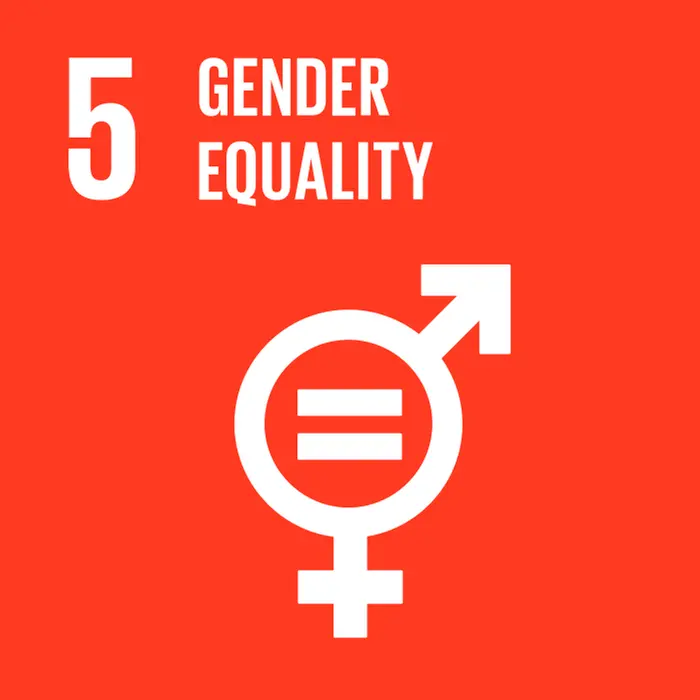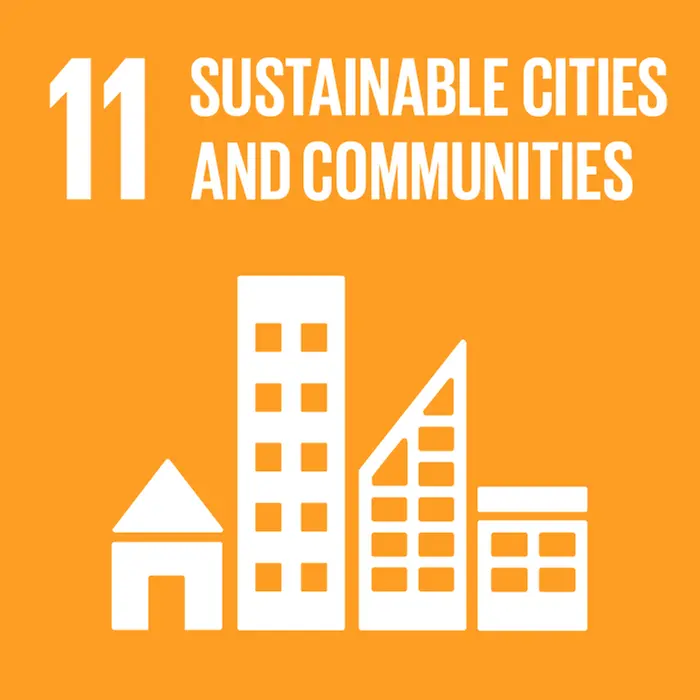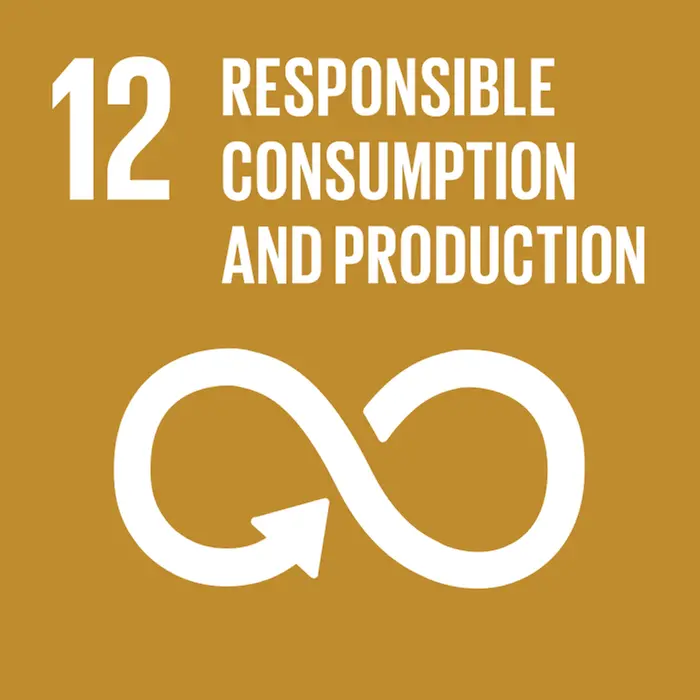
Usereuse – System for a reuse industry
What is required for reuse to become the norm and, in the long run, as simple as new purchases are today? IVL Swedish Environmental Institute is running the Vinnova-funded initiative Usereuse to see how reuse is done at present and how it can be strengthened and scaled up. The project is carried out together with Citycon's malls in Liljeholmen and Mölndal, Blocket, Myrorna, Sörab, Mölndal municipality and Stockholm Vatten och Avfall.
In order to meet the global sustainability goals of sustainable consumption, production and the Paris Agreement to limit climate emissions, we need to make better use of the resources we use. A key to sustainable transition is reduced new purchase consumption and slower rotation of products, and reuse can be part of the answer.
Today's system for product supply is primarily aimed at delivering new products and discarding or recycling the used ones. While recycling has largely been solved with the help of technology and a few players, reuse requires other types of innovations and solutions. A breadth of players is needed to be able to bridge the line between new purchases, second-hand markets and what we leave at recycling centers and to use every opportunity for re-use that exists. Questions about accessibility, logistics and transport will be important as well as attitudes towards reuse.
There are many new forms of how to reuse. The number of online marketplaces where you can sell and buy recycled is increasing, new purchase stores are trying to sell vintage or collaborating with second-hand stores. Second-hand stores are also trying to move into malls. Recycling centers create new collaborations for reuse, such as recycling centers close to neighborhoods and shops where you can both give and take things. At the same time, most of these markets for reuse are small and few of them would be able to handle the material flows it would entail if reuse became the norm.
We will at first map the conditions at different arenas for re-use through project partners and research:
- How do practices, obstacles and driving forces differ and resemble each other in different re-use arenas?
- Does it differ in availability, resources, attitude and practice between groups?
- How does where and how the reuse takes place affect flow, quality, transport and the attitude towards reuse?
To then study:
- How systems and initiatives can be scaled up for a recycling industry
- Where is the greatest potential for as many recycled objects as possible with as high maintained quality as possible?
- Which actors have particularly great potential to be drivers in changing practices?
- What conditions, practices, cooperation and policy measures are needed to scale up re-use and how can these be designed?
The long-term goal is to create and facilitate an industry for reuse in sustainable living environments where reuse is the norm and is perceived as as simple or easier than new purchases. The four-year Usereuse project will result in new knowledge about how current systems support reuse in society for a sustainable transition, scenarios around possible developments of reuse and well-established proposals for how these systems can be strengthened, supplemented and scaled up, the possibility for partners to develop business models and keys to reuse as the norm.
Project facts
- Project name: Usereuse - System for a reuse industry - a transition pathway
- Partners: IVL Swedish Environmental Research Institute, Mölndal municipality, SÖRAB, Blocket, Myrorna, Citycon and Stockholm Vatten och Avfall
- Financier: Vinnova
- Budget: 5 MSEK
- Period: 2021 - 2025
Contact
Want to know more about IVL's services and offers? Enter your email address and choose which area you want to know more about, and we will get back to you.



